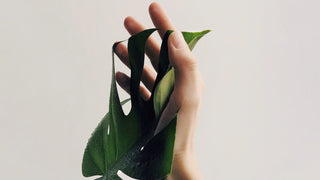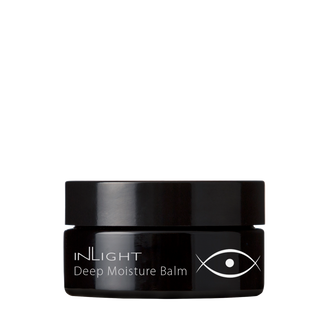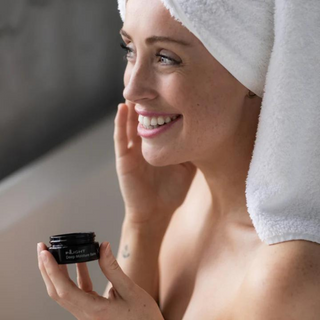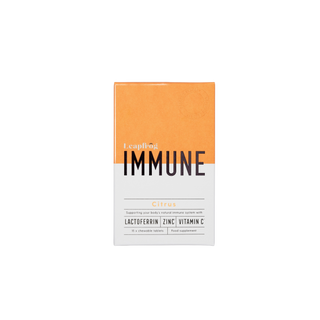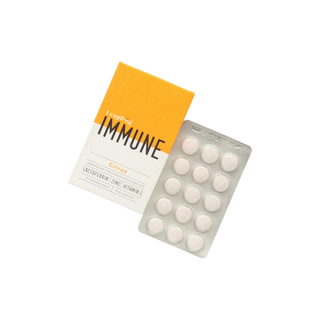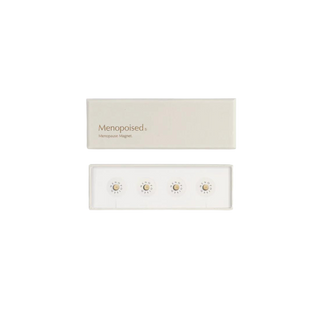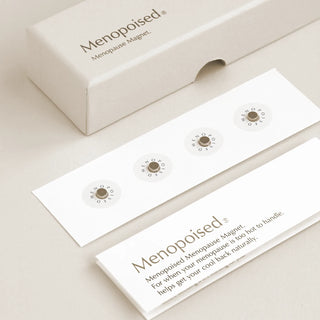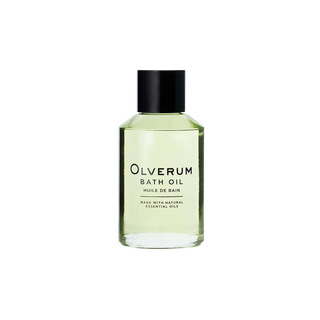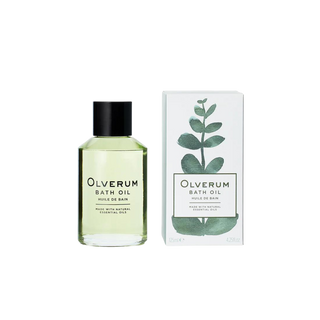My unedited Article I originally was commissioned to write for The Times newspaper
While I knew in my gut (and endocrine system) that HRT wasn’t for me, it was a three year measured, researched yet confusing and conflicting journey to decide to manage my menopause without medicine and take the natural path. Add in a few thousand pounds of my savings to pay for private appointments with renowned menopause specialists and a few months giving HRT a go.
I have traversed spats and prescription disagreements between my GP and menopause specialists and I have felt damned if I do and damned if I don’t take a cocktail or hormone replacers.
My mind eventually caught up with my gut/endocrine systems and I basically changed everything from the way I work, eat, exercise, think and live my life to manage my menopause. It’s not called The Change for nothing! As a woman, we have to make many self-preservation decisions throughout our life (often which such personal decisions affect those closest to us) from contraception, periods, breast feeding, procreation, birthing, menopause, ageing, mood swings (the list goes on).
These are wholly personal choices and I make no judgement for another woman's choice (though many have for mine), she has her own personal story and body going on.
My only invitation is to feel a little into these monumental decisions and perhaps go with that gut feeling, inner intelligence and wise woman than purely external pressure and ideals of others. Which in and of itself was my first rule of managing my menopause naturally, without medicine - do what suits me. I had an annoyingly early perimenopause that started to present itself in my mid 40’s so I put hot flushes down to taking lots of supplements, mood swings to the demands of being a busy, stressed working mother. I forged ahead and it was only when I was further into the journey and real brain fog, low mood, confidence crashes, memory being shot. I realised my menopause was in full swing, and I was not!
I started to seriously look at this next important chapter and what I needed to support my mind, body and indeed soul now. I will not lie, there were days when I felt more at risk of getting nasty diseases in my later years by not taking HRT but there were far more days when I was more concerned that slathering myself with exogenous hormones in HRT would increase my risks.
There is breast cancer on both sides of my family and genetic tests have shown that I need to be careful of endocrine disruptors, which HRT is in the camp of as far as I’m concerned.
Even without the family cancer history, I would feel the same. Besides, the constant conflicting advice from expert to expert, study to study, lack of long term research here, even more lack of long term research there. I needed to own my menopause holistically, not pharmaceutically.
Also, and here is the kicker for me, what happens when you come off HRT?
It feels to me like kicking the problem down the road only to find a bigger problem. That is not my style, I like to tackle challenges at the root. Many women I know say they have been on it for years/will stay on it forever. I don’t believe we are designed to process these hormones way into our lives.
Part of the decision to manage my menopause naturally, I believe stems from being able to admit to myself, ‘Suz, you’re getting on in life, you’re not a spring chicken anymore. Accept, don’t fight it’’. And that therein for me was my first step to knowing that while I was certainly not one of these women who was sailing through these uncharted hormonally choppy waters, taking HRT, to me, was also a denial of me ageing, me needing to keep the younger woman's hormones flowing, keep being invincible, triathlon running, go-getting powerhouse. No. instead I felt an innate need to start to nourish myself more, slow down, be content with who I am at this age and stage in my life just as I did with pregnancy, nursing and other times in my life when I need to step back and nurture and nourish myself more.
I fully believe that there are a number of crucial reasons why we stop producing certain hormones at midlife and pouring them back in again (or rubbing, swallowing or patching them in).
HRT, to me felt like the equivalent of constantly driving a lovely classic car up the fast lane with the pedal to the metal.
We wouldn’t do it. We’d realise it needed more looking after and a slow and steady drive and lots of good quality petrol, oil, water, waxed seats and brushed carpets. In actual fact those few months where I did go on HRT made me, if I stick with the classic car analogy (or maybe vintage!), HRT for me and my body, made me feel like I had poured dirty diesel in my engine and it was too much, I felt like an old truck not a vintage Merc and had no va va voom! I am very sensitive and tuned-in to my body and it was not happy on all those lab made hormones.
My husband could also practically chart the days I was taking certain hormones seeing me struggle through the day like I was wading through treacle. I went sort of missing in no action on those days.
So here I am pretty much out the other side of the full-on symptoms and these simple self-care strategies are what helped me during the storm and continue to do today. I believe they can all be considered by every woman no matter what their HRT or no HRT choice is.
Need more help? Book a 1-1 with me and I can help connect you to the best integrated, holistic health and menopause experts I trust.
Rest by way of a half hour lunch and tea break.
Rest is crucial. Have we not worked hard enough already? I meditate twice a day for 23 mins. A nap would work too or simply daydreaming for a good half hour at lunchtime. Then I take another half an hour mid-afternoon around tea-time.
Breathe well throughout the day
A few deep abdominal breaths throughout the day bring my energy allocation from my head into my body. It calms, centres and relaxes me and I know it aids my body to maintain a myriad of important processes for good health.
I practise Tai Chi
I swapped the depleting, rather punishing forms of exercise like running Tai Chi. i find it wonderfully relaxing yet fortifying with its combination of slow, considered movements, stretches, and breathwork with mental focus all designed to to encourage the free flow of qi around the body. Qi being, according to Chinese Medicine amongst others, our energetic life force.
I lift weights four times a week to lift my mood as well as bolster my bones.
Osteoporosis was one of my worries with menopause especially as I am borderline for osteopenia. Numerous studies have shown that weight-bearing exercise can play a role in slowing bone loss, and several show it can even build bone so I regularly grunt at my local amazing gym that provides personal training weight lifting. I couldn’t believe how much these sessions also lift my mood, giving me a sort of runner's high without trashing my joints and I;m building not burning muscle.
I walk in nature and take cold showers almost daily showers
Nature relaxes, reassures and restores me and it is also my time where I ban the phone and other people's needs. The cold water therapy (I also swim in cold water where and when I can) is great for reducing inflammation and rejuvenating mind and soul.
I eat lots of phytohormones in my diet
Phytoestrogens or dietary estrogens are naturally occurring compounds found in plants. I eat a mainly organic diet (as much as I can afford and wash thoroughly what is not). This investment is a kind of natural medicine and health insurance policy to ensure less pesticides and chemicals, and more nutrient dense food. It is varied, balanced and while nutrition is wholly personal and needs expert advice, and even these plant based estrogens need caution for some people. A varied diet is the oracle for all ails and I eat plenty of fruits, veggies, grains, nuts, seeds, and legumes.
I watch the wine intake
This is a tough one as I love wine! I have smaller glasses at home serving around 120 ml at a time. 175ml is the more common serving now and already 1.5 units of alcohol and the limit is 6 x 175ml glasses a week according to the majority of recommendations. I personally think that is too much for me, even if I do consume that quota some weeks. A work in progress but definitely on the drink less and not very often mission.
I get Chinese herbs from my Chinese Doctor and Acupuncturist
When I feel I need more nourishment, I have an acupuncture session and get some herbal supplements from her. This herbal mix will depend on my health at the time but is made up of pesticide free herbs that support the various organs and systems and is my natural menopause prescription.
I choose to view the the menopause as magical
There is so much negativity and fear around the menopause. Yet it can be extremely difficult, yes, like all health issues some people suffer with symptoms more than others, but I have made the conscious choice to embrace this part of my life. Women are amazing, we can get through anything with more ease when we put our minds to it. Menopause it not the end, it is a magical new beginning to get to know ourselves in a different, softer and kinder way. A rite of passage portal!
Read my edited article for The Times and you can see how facts get edited to suit one news agenda and then U-turned for another. Scroll to the bottom of the article.


